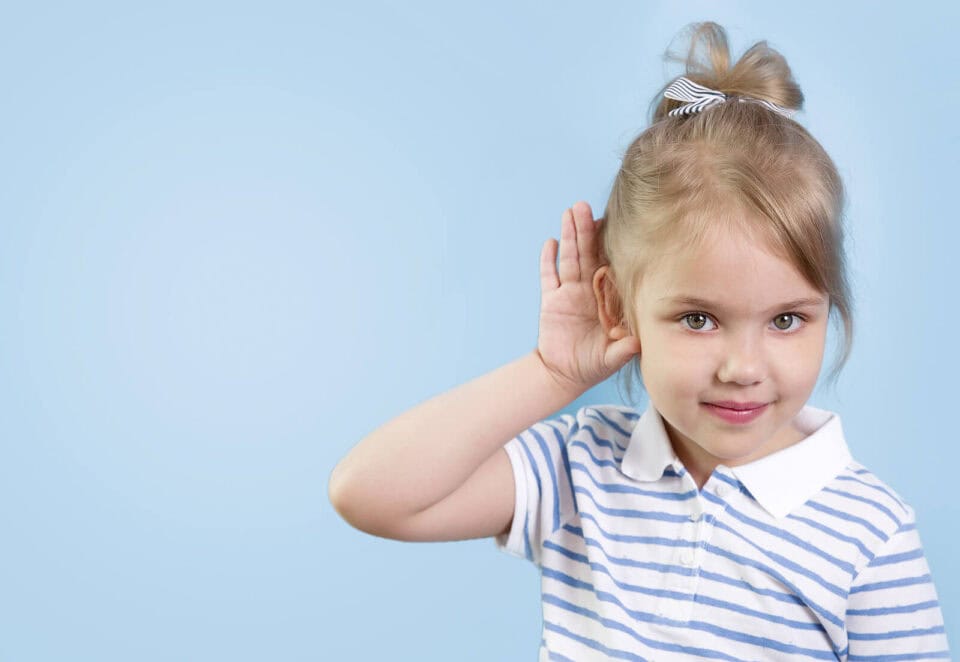- A Closer Look at Common Myths About Hearing Loss - May 7, 2024
- The Impact of Pets on Emotional and Hearing Health - April 26, 2024
- Strategies for Coping with Single-Sided Deafness - April 16, 2024
Loud music, fireworks, and other noisy environments have become a part of everyday life for children. But what many parents may not realize is that excessive noise exposure can lead to permanent hearing damage. Noise-Induced Hearing Loss (NIHL) is a common issue that affects millions of children worldwide. In this blog post, we will discuss what noise-induced hearing loss is, how it affects children, and what can be done to prevent and manage it.
What is Noise-Induced Hearing Loss?
Noise-Induced Hearing Loss is hearing damage caused by exposure to loud noises. This can occur in a variety of settings, such as concerts, sporting events, or even at home with headphones or gaming consoles. Prolonged exposure to noises over 85 decibels (dB) can cause damage to the hair cells in the inner ear, which are responsible for sending sound signals to the brain. Once these hair cells are damaged, they cannot be repaired or regenerated, resulting in permanent hearing loss.
Prevalence of Noise-Induced Hearing Loss in Children
According to the World Health Organization, approximately 1.1 billion young people worldwide are at risk of hearing loss due to exposure to loud noises. In the United States, the Center for Disease Control and Prevention reports that 12.5% of children and adolescents aged 6 to 19 years have some degree of hearing loss due to excessive noise exposure.
Causes of Noise-Induced Hearing Loss
Noise-Induced Hearing Loss in children can be caused by a variety of factors, including exposure to loud music, fireworks, power tools, and other noisy environments. In addition, certain types of headphones, such as earbuds, can increase the risk of hearing damage due to their proximity to the ear canal. Children who participate in loud activities, such as hunting, may also be at risk of developing hearing loss.
Symptoms of Noise-Induced Hearing Loss
Symptoms of Noise-Induced Hearing Loss in children can include difficulty hearing high-pitched sounds, ringing in the ears, and muffled or distorted sounds. Parents may also notice that their child turns up the volume on their devices or television, or frequently asks for repetition of conversations or instructions. It is important to note that the symptoms of hearing loss may not be immediately apparent and can worsen over time if left untreated.
The long term effects of noise on children
Exposure to loud noise can have long-term effects on children’s hearing, speech and language development, cognitive function, and overall well-being. Here are some of the long-term effects of noise on children:
Hearing loss: Prolonged exposure to loud noise can damage the delicate hair cells in the inner ear, leading to permanent hearing loss. This can affect a child’s ability to hear speech, music, and other sounds, and may interfere with their social and academic development.
Speech and language development: Children who have difficulty hearing may struggle with speech and language development, which can have long-term effects on their communication skills, academic performance, and social interactions.
Cognitive function: Exposure to noise can interfere with children’s cognitive function, including attention, memory, and problem-solving abilities. This can impact their academic performance and overall success in life.
Behavioral problems: Children who are exposed to chronic noise may develop behavioral problems, such as aggression, hyperactivity, and anxiety. This can impact their social and emotional well-being, and may affect their relationships with peers and family members.
Sleep disturbance: Exposure to noise can interfere with children’s sleep, leading to sleep disturbances, fatigue, and daytime sleepiness. This can affect their academic performance, mood, and overall health.
Prevention of Noise-Induced Hearing Loss
Prevention of Noise-Induced Hearing Loss in children is key to protecting their hearing. Parents can take several steps to reduce their child’s risk of hearing damage, such as limiting their exposure to loud noises, providing hearing protection devices, and encouraging breaks from noisy activities. It is also important to educate children about the importance of protecting their hearing and the potential risks associated with excessive noise exposure.
Treatment and Management of Noise-Induced Hearing Loss
Early detection and management of Noise-Induced Hearing Loss in children is crucial for optimal outcomes. Treatment options can vary depending on the severity of the hearing loss, but may include hearing aids or assistive listening devices. It is important for children with hearing loss to receive ongoing follow-up care to monitor their hearing and adjust their treatment as needed.
We understand the importance of protecting your hearing. Our team of hearing care professionals is committed to providing comprehensive hearing evaluations, individualized treatment options, and ongoing support to ensure your hearing health is always a top priority. If you suspect you may have Noise-Induced Hearing Loss or have concerns about their hearing, contact us today to schedule a consultation. Don’t wait until it’s too late – take action to protect your hearing today.

